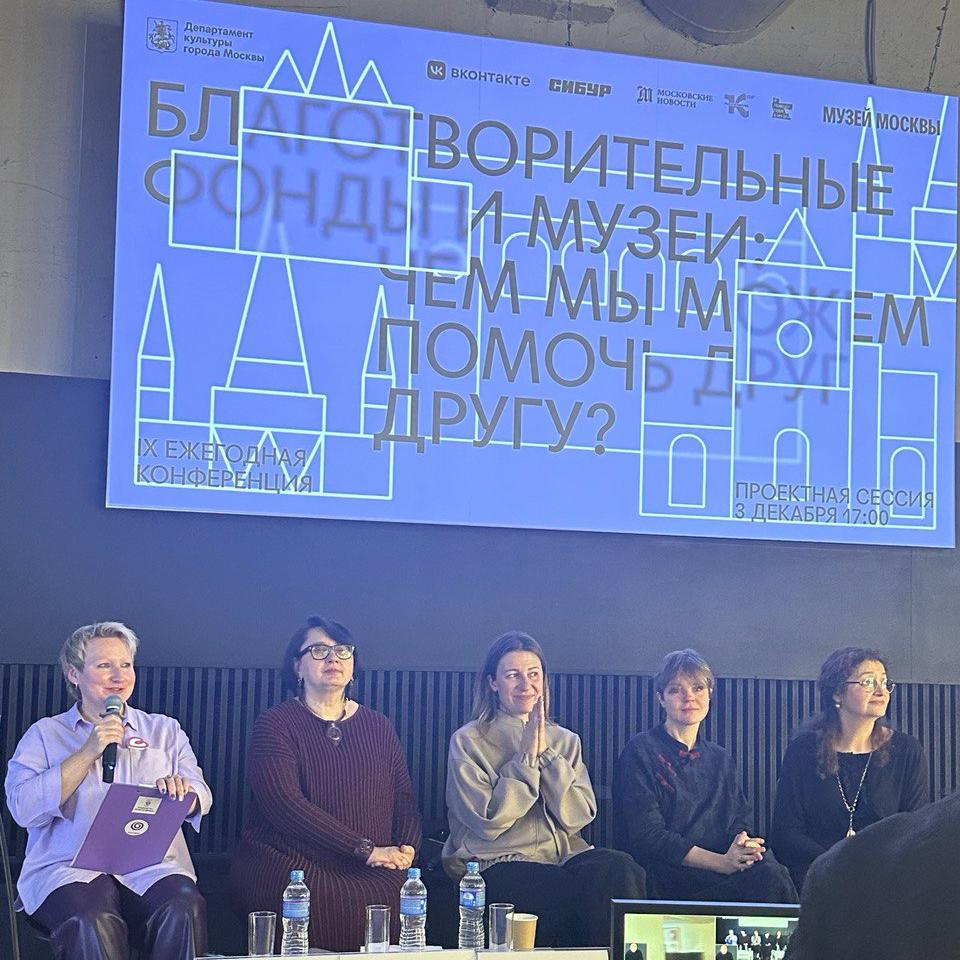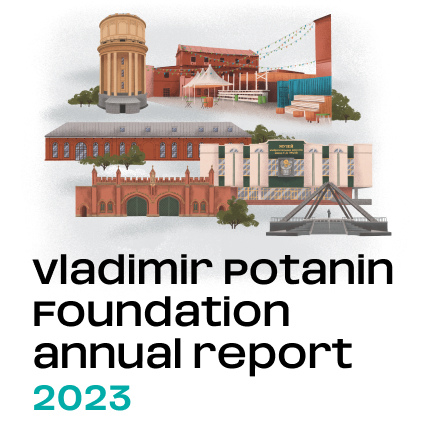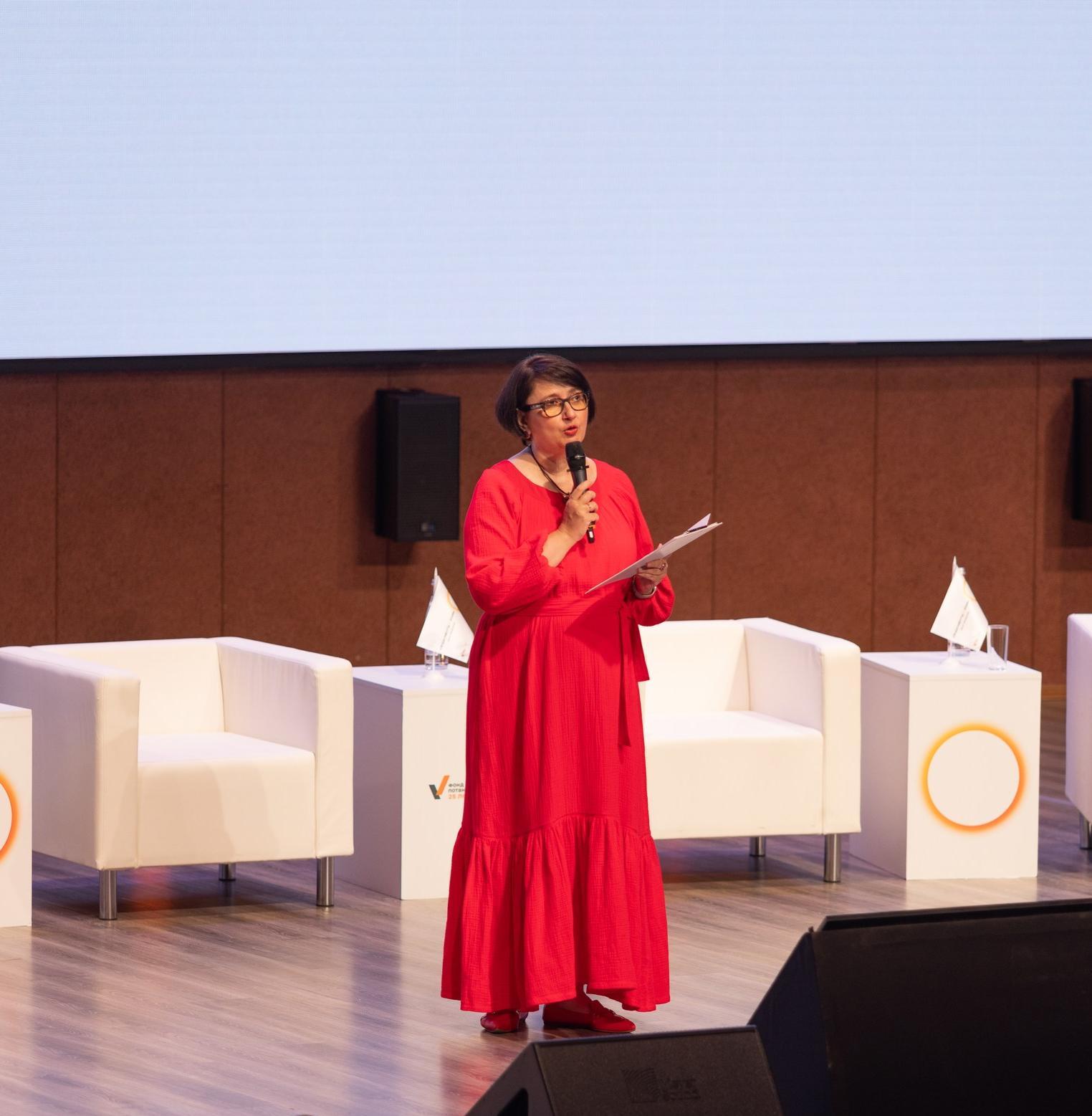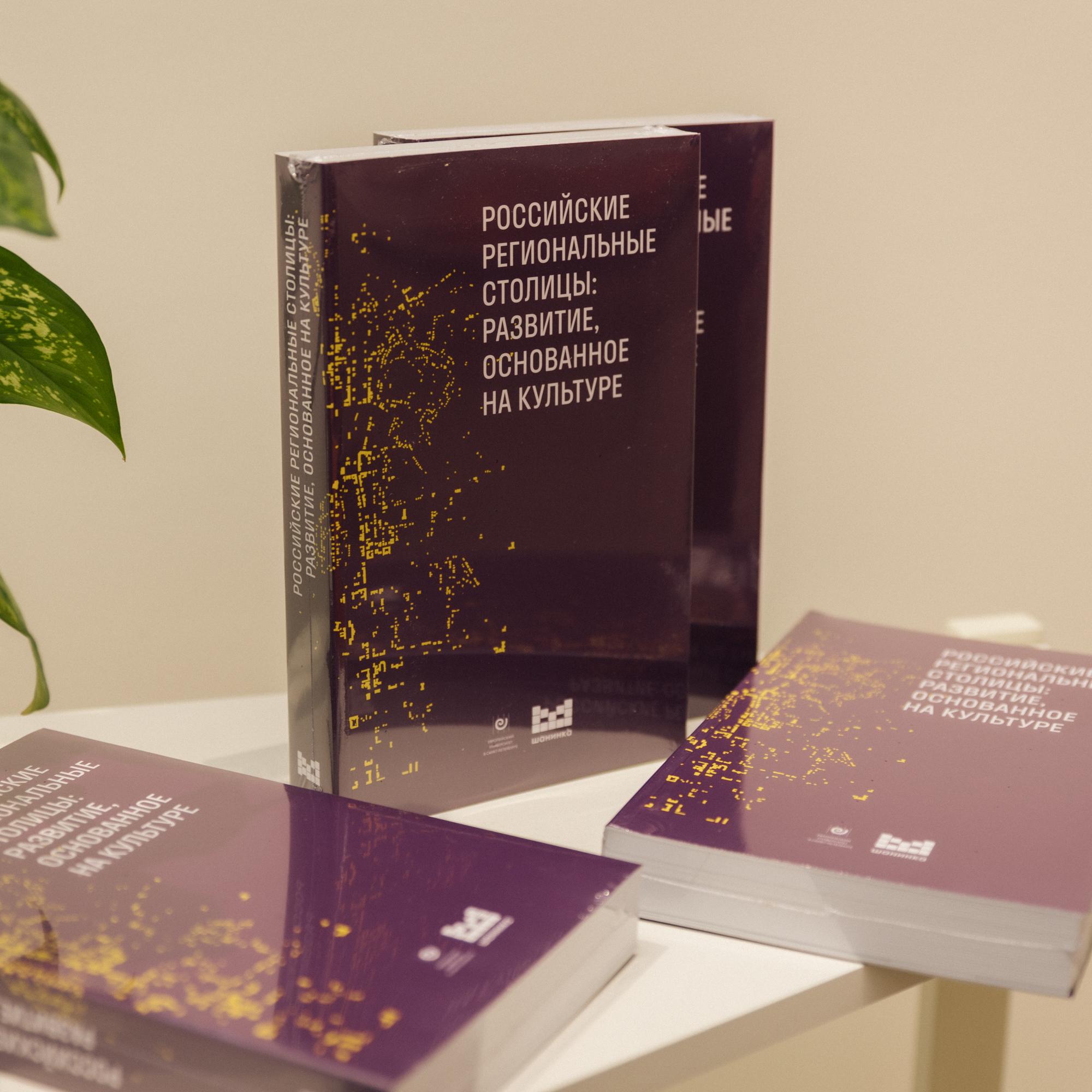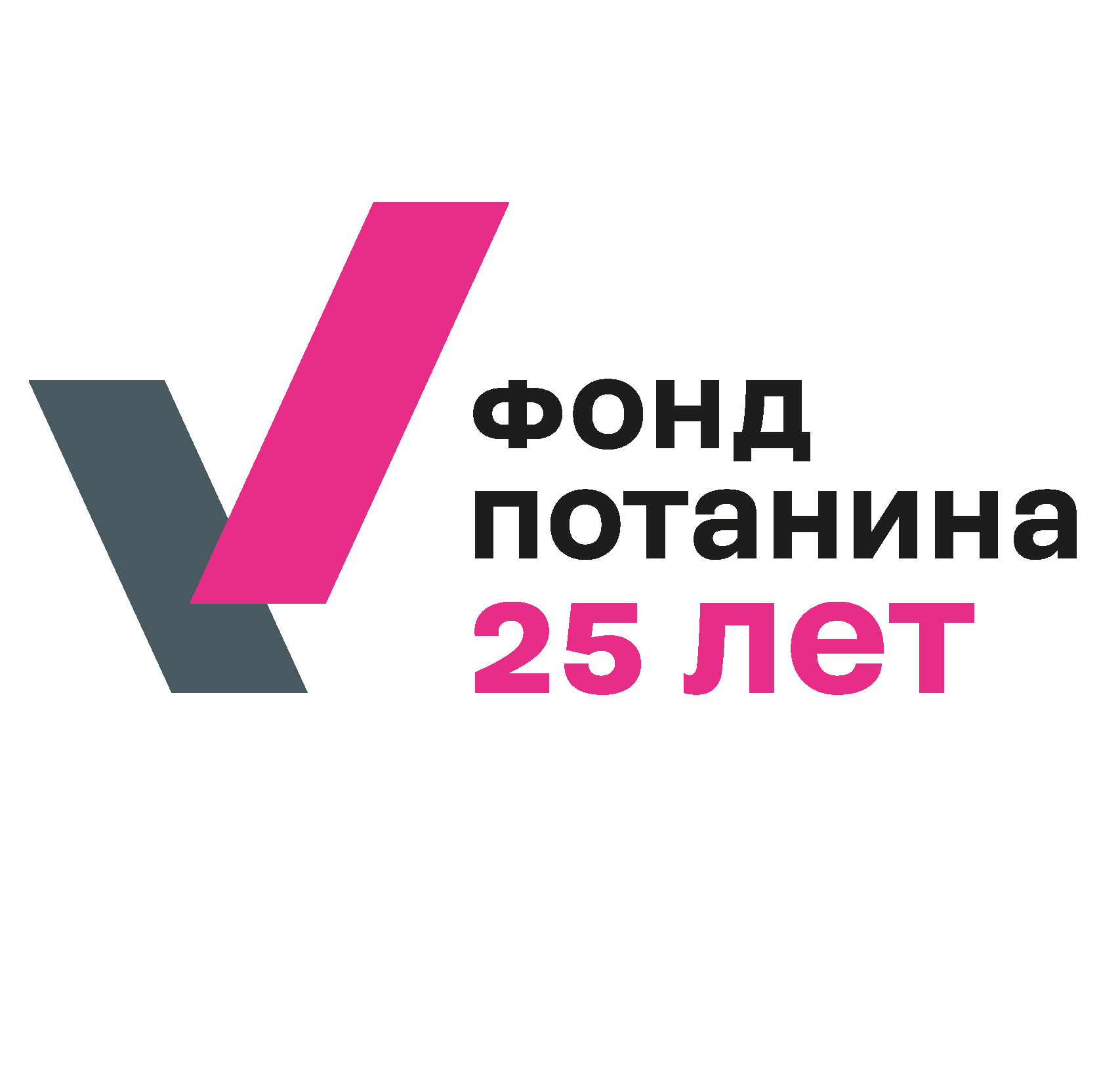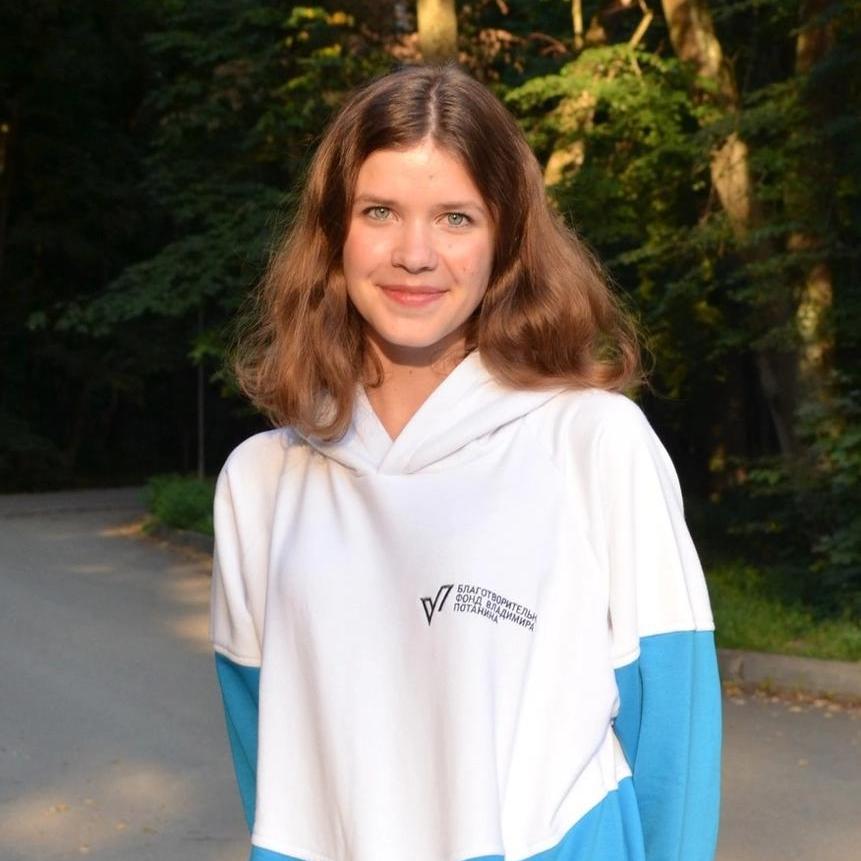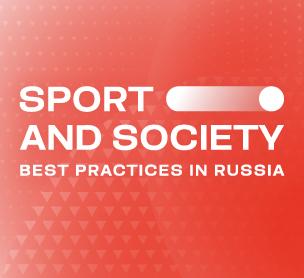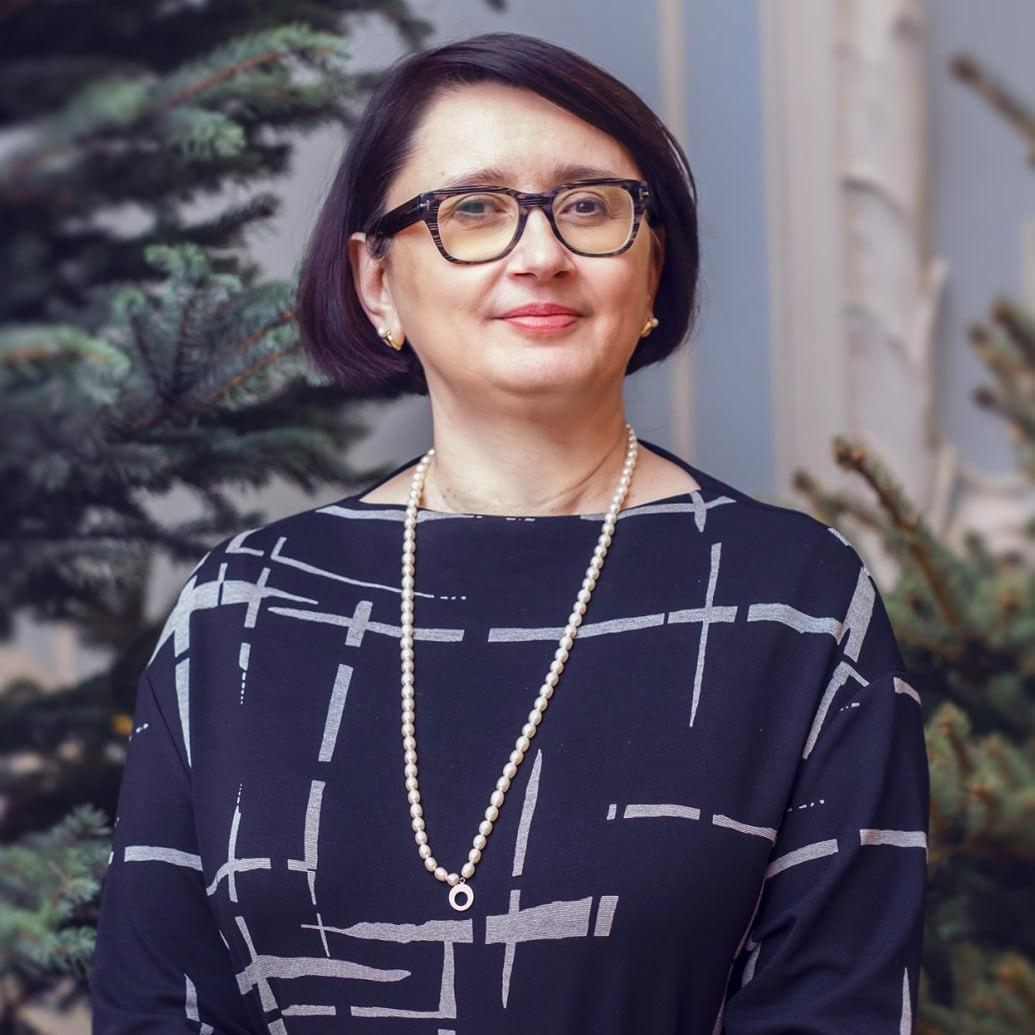(en) Текст новости
The host, Elizaveta Osetinskaya, asked Zelfira about the ways in which museums had worked with their audiences during the lockdown, what the current crisis had taught the museum community, and how it would affect cultural projects of the future. The Tretyakov Gallery was one of the first in Russia to respond to the lockdown situation, offering its audience virtual museum projects. When the lockdown was lifted, the museum invited medical workers to visit as a token of appreciation.
Speaking about museums’ operations during the lockdown, Zelfira Tregulova noted:
“I watch my colleagues, whom I meet on a daily basis in numerous video conferences, and I see that many of them have developed a very special kind of passion. They had sped up even before, when it seemed all but impossible. But now they are working even harder in an attempt to counter the fact that we are only in virtual contact with each other and with our audiences. There is incredible enthusiasm and striving to move forward and push their way through to the audience, in spite of these limitations.”
Below are a few more quotes from the conversation with Zelfira Tregulova:
“Our [online] resources had three to seven times more visits during the lockdown. We were uploading more and more new materials, every day, realizing that art, culture, museums, opera, theater, concert hall — these are the things that helped each of us survive through those weeks and months that were really hard. We knew we were closed but we also knew that we had to continue working on new projects, and to start new projects, we really worked like a dog, sitting on Zoom conferences from 10 in the morning through 7 in the evening. It was simply exhausting. And I think that only time will show what price we have paid for carrying on while we were closed.”
“I believe this pandemic is awful not only because of the effect that the virus has on the human body. It is awful because of the stress, tension and phobias that we were all consumed by to a greater or lesser degree. But art on your gadget screen and these crazy working hours have helped somewhat to stay afloat, to shift your focus from the fact that you are locked in your apartment and can’t even go for a walk outside.”
“We opened on July 2, and in the first month only 25 percent of our audience showed up. […] We saw that people were of course very cautious about coming back to museums, but they were coming back because they needed it. Some people told us: ‘You put up so much online content! Aren’t you worried that people will be fed up, so when you open they just won’t come?’ I could only speculate but I’d say: ‘No, we aren’t worried about that’. What we gave away to people has helped them to survive the stress we were all suffering from.”
“We realize that even now a huge audience in the Russian regions is unable to visit, so we continue our online programs that we had been running before the pandemic. But we also realize that they cannot be a substitute for live interaction with art. I may sound idealistic but I believe that with all power that modern technology has, what we offer to our audience is only an introduction to the world they should immerse themselves in when they come to the room and stand in front of a work of art.”
“Our mission is to give what we preserve to the people, to our audience. We are all incredibly indebted to doctors and nurses, and we are fortunate to be able to do something good for them—to invite them, as our dear guests, with their companions and let them visit our rooms that are not as full now as they were before. This is as much as we can do to thank our doctors.”
“I believe what we have learnt [during the lockdown] is the ability to present our materials in a more concise, focused, vivid, accessible form, which is more appealing to the modern audience, to young people and kids. Of course, all of us understood very well that searching for such format, such language and manner of speaking, was an urgent need, and we could not think about the future without realizing that we had to change this tone in communicating with people.”
Watch (in Russian)
VIDEO
Read more about the project
